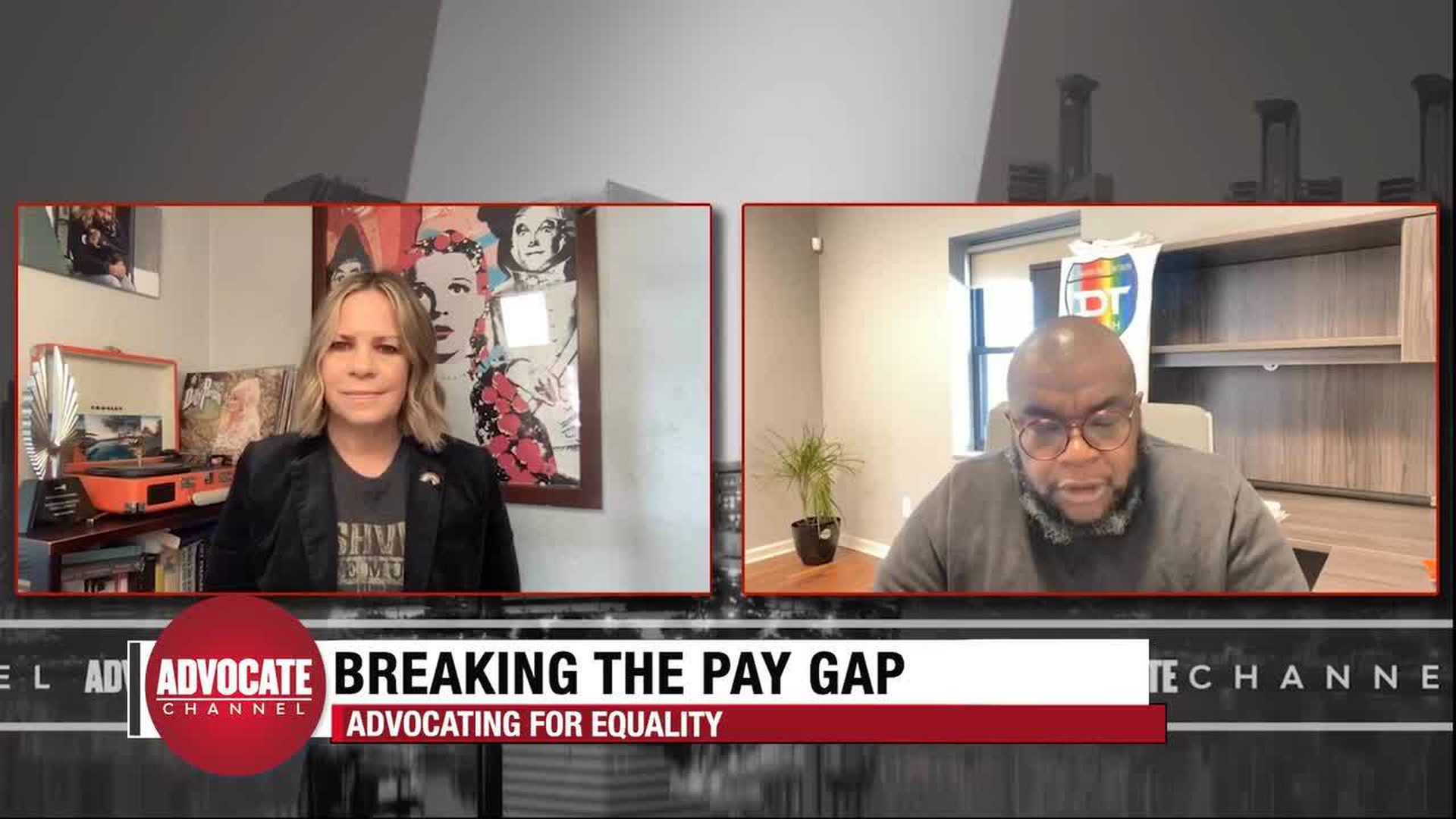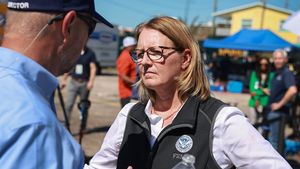With transgender individuals facing social and economic disparities unlike any other demographic, founder and CEO of Destination Tomorrow, Sean Ebony Coleman, sat down with Advocate Today's Tracy E. Gilchrist to discuss what trans and cis women can do to support each other.
Destination Tomorrow is an organization that provides economic empowerment for Black and brown LGBTQ+ community members. They offer seminars in job readiness, financial literacy, life skills, and professional development, as well as providing resources for those food or housing insecurity.
"We're leveling the playing field," Coleman says. "We're getting folks employment at a level where they're going to be able to sustain housing."
Coleman cites the average life expectancy for trans women at around 35 years, with their average income at around $10,000 yearly. He says that trans women have been "frozen out of the labor market because of [their] gender identity."
He continued: "One of the things that we address is the lack of resources for the trans community, and that also plays a part in their ability to come into a career market where they're making a living wage."
Activists often point to the disparity in pay between Black women and white women, but according to Coleman, trans women are often overlooked in the discussion, particularly Black trans women.
Coleman believes that trans and cis women should work together on the issues they face, because matters of equal pay, accessible housing, voting rights, and reproductive health affect both groups alike.
"The sad thing is, there's so many layers to disparity," he says. "We don't normally talk about those disparities that exist among trans women and cisgender women. And the reason we should be bridging that gap is that they have so much more in common than apart."
Aside from education, Coleman says the most important thing to do next is organize. With a wave of anti-trans legislation across the country, as well as bans on LGBTQ presence in classrooms, Coleman calls on progressives to stop reacting and start preventing.
"Too often we're reactive. What we have to see is that this has been a long game, this strategy has been in place for a long time, targeting multiple communities," he says. "It's not that there's anti-trans legislation, it's also happening at the same time there's anti-woman legislation. It's a long game, and now we're being reactive to it. And we don't have the resources, we haven't organized as well, we didn't mobilize around what an effective response is gonna be. So, now we're playing catch-up."
Coleman continued: "Our voices need to be heard, but it can't just be members of the LGBTQ community. It has to be all of us. All of us have to understand how it affects the entire planet. If they come after me, they're gonna come after you later on."
Watch the full interview below.




















































